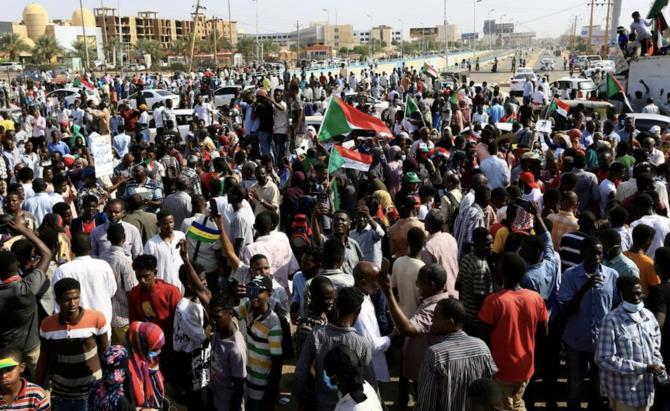
Ever since the establishment of the Islamic Republic, the West has spent a significant amount of political and economic capital on countering the Iranian regime’s destructive behavior, terror activities and military adventurism in the region. But not only has the theocratic establishment not changed the core pillars of its ideological and revolutionary ideals, it has even ratcheted up its malign behavior.
Consider all the political capital and time that has been spent addressing the Iranian regime’s nuclear threat. Think about all the billions of dollars that have been spent on countering Iran’s proxies and allies, including Hezbollah, the Houthis, Iraqi militia groups, Al-Qaeda and its terror cells in foreign countries.
But there is another path that can be taken to usher in change in Iran’s political establishment — a path that is more effective and less costly — and that is supporting the overwhelming majority of the Iranian people and civil society, which are now rising up against the ruling clerics.
Protesters have been clear that they want Supreme Leader Ali Khamenei and the other leading clerics to step down. Disenchantment with the ruling clerics is high. Iran has a very young population, meaning that the majority of the people were born after the revolution of 1979. Many are highly educated, technologically savvy, secular and Westernized, as well as being disaffected with the current political establishment. They have aspirations for a representative, inclusive and democratic system of government, in which the clerical establishment plays no role in the destiny, decision-making or political affairs of their nation. Many Iranians argue that a democratic system of governance would significantly improve the country’s living standards, social justice, human rights, rule of law and global image.
The West can help the Iranian people accomplish their goal of self-determination by forcefully and publicly supporting them and halting any negotiations with the regime. They can also initiate an urgent UN session to address Tehran’s brutal crackdown on protesters, as well as its egregious human rights violations. After all, any fundamental change in the theocratic establishment, should the people of Iran achieve their aspirations, would be a win-win scenario for both the people and the West.
Any fundamental change in the theocratic establishment would be a win-win scenario for both the people and the West
Dr. Majid Rafizadeh
One of the key foreign policy, religious and revolutionary pillars of Iran’s political establishment is opposing the West, particularly the US, which they call “the Great Satan.” Without this crucial pillar of the ayatollahs’ foreign policy — and considering the fact that Iran has one of the most pro-American, Westernized societies in the region, as well as a technologically savvy population that values advanced nations — Iran and the West, particularly the US, would likely build one of the staunchest geopolitical, economic and strategic alliances in the region.
The Iranian regime’s policies toward Arab nations and the Muslim world are generally centered on several major pillars: Sectarianism (Sunni versus Shiite), ethnic (Arab versus Persian) and revolutionary (exportation of its version of Islam). The interactions between these pillars explain the heightened tensions the Iranian regime has caused with other countries in the region. In an Iran where the clerics are not in control of the political establishment, two major pillars of Iran’s regional policies would change: Sectarianism and revolutionary.
This would also alter Iran’s geopolitical strategies and economic calculations. When sectarianism and the revolutionary ideals of the Iranian regime are taken out of the foreign policy equation, the tensions created by Tehran with Arab and Muslim countries would significantly diminish. Regional tensions and internal conflicts in several countries — such as Syria and Iraq, where the Islamic Republic plays a critical role in directing and influencing conflict — would most likely dramatically subside.
An Iran without the clerics in power would most likely not believe that it is in its best interests and thus part of its national agenda to export Shiism to predominantly Sunni nations and to project itself as a victim based on sectarian theology. Iran’s priorities would also not be anchored in supporting, arming and financing its militia groups and proxies across the region. That would mean less interference in the domestic affairs of other countries.
In addition, an Iran without the clerics in power would be likely to anchor and prioritize its relationships with other Arab nations based on economic and geopolitical interests, rather than ideological and religious ones.
In a nutshell, for almost four decades, the West has spent a considerable amount of political and economic capital on countering the Iranian regime and its militia and terror groups. But it has not been successful in changing the core pillars of the regime’s policies. Now, it has the opportunity to do so by supporting the Iranian people and their aspirations.












